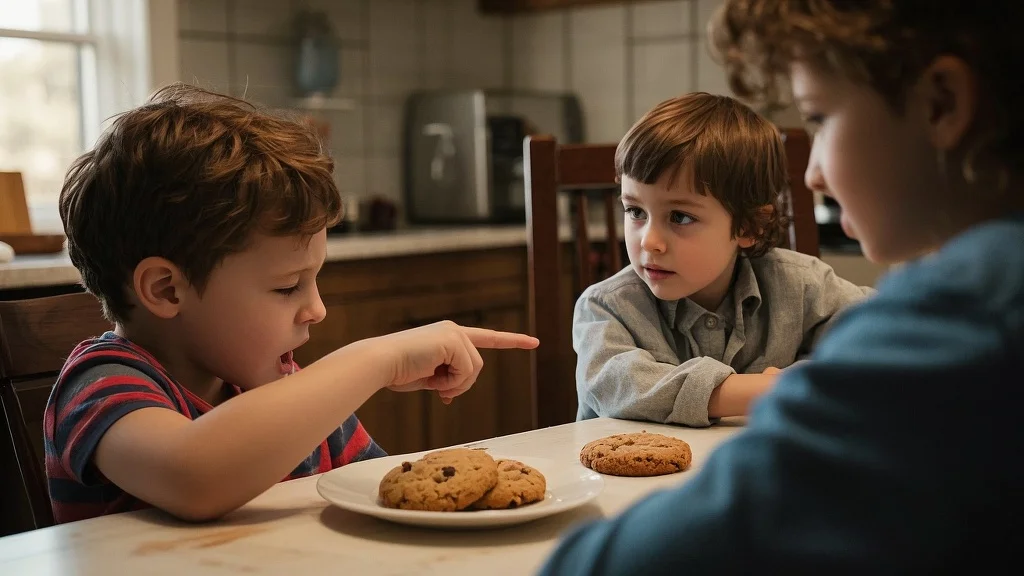Every parent knows the chorus: “But that’s not fair!” Whether it’s about bedtime, dessert portions, or why adults get to stay up late, children have a laser-focused sense of injustice. But what if these moments aren’t just whining—they’re opportunities to teach critical thinking, empathy, and activism?
Here’s how to respond in a way that nurtures their moral development.
1. Why Kids Obsess Over Fairness
🧠 The science behind the protests:
- Babies prefer “kind” puppets over “mean” ones.
- Toddlers share treats based on who “deserves” them.
- By age 12, kids from different backgrounds see fairness differently (privileged kids often think life is fair; disadvantaged kids notice inequality).
💡 Key insight: Fairness isn’t just about rules—it’s about how we treat people.
2. What Not to Say
🚫 “Life isn’t fair.” (Teaches resignation.)
🚫 “Because I said so.” (Shuts down critical thinking.)
🚫 “Stop complaining!” (Dismisses their moral instincts.)
✅ Instead, try:
- “Tell me why you think it’s unfair.” (Encourages reasoning.)
- “Sometimes things are unfair. What could we do to fix it?” (Promotes problem-solving.)
3. The 3 Kinds of Fairness Kids Need to Learn
1. Equality (Same treatment)
🍪 “You both get two cookies.”
⚠️ When it fails: If one kid hasn’t eaten all day, equal isn’t fair.
2. Equity (Fairness based on need)
🍎 “You get an extra snack because you missed lunch.”
💡 Teach: “Fair doesn’t always mean equal.”
3. Justice (Fixing unfair systems)
📚 “Your school suspends kids for small mistakes. How can we change that?”
4. How to Raise a Justice-Minded Kid
At Home
- Let them “win” sometimes: If their argument is fair, adjust the rules.
- Model fairness: “Daddy did more chores, so he picks the movie tonight.”
- Encourage solidarity: Like your daughter sharing her cookie—praise this!
In School
- Question zero-tolerance policies: “Was suspending the whole class fair?”
- Discuss real-world issues: “Why do some kids get nicer playgrounds?”
In Society
- Volunteer together: Food banks, litter cleanups—show fairness in action.
- Watch for “unfair” media: “Why does that character get treated differently?”
5. When Life Is Unfair (And That’s Okay)
Sometimes, the answer is:
🌍 “You’re right—it’s not fair. But we can:
- Accept what we can’t change (like weather ruining a picnic).
- Change what we can (like donating extra coats to kids who need them).
Final Thought
Kids don’t just want fairness—they need to practice it to become compassionate adults. Next time you hear “That’s not fair!”, don’t groan. Lean in.
How do you teach fairness at home? Share your strategies! 👇








